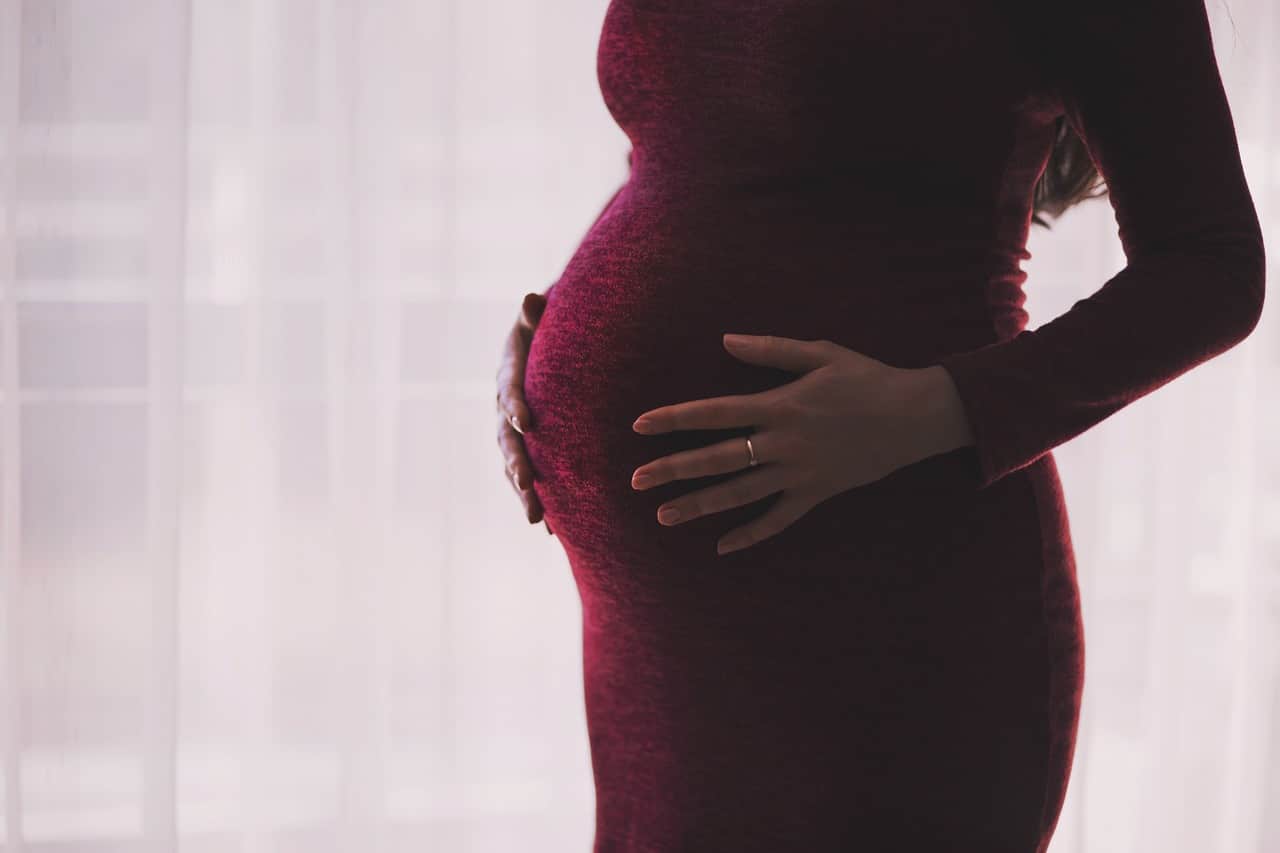The Covid-19 vaccination program has already started and many countries are actively vaccinating their citizens. Despite the easy availability of these vaccines, people are hesitant to give them a try, fearing it may cause any unexpected effect, especially for those who are already vulnerable, for example, women during pregnancy.
A recent study discusses pregnant women who may or may not be interested to get the Covid-19 vaccine in the UK. For now, it is only available in a pre-print version on the medRxiv.
Also read- Researchers Have Found a Diagnosis for Excessive Shopping
The Joint Committee on Vaccination and Immunisation (JCVI) in the UK has already recommended all women including those who are at any stage of pregnancy are entitled to get Covid-19 vaccination, along with other population groups. However, this decision should be made after considering their age, pregnancy risks, and clinical status. In this new study, the behavior of getting Covid-19 vaccination during pregnancy and without pregnancy is studied.
Understanding how women feel while making this decision for themselves is a big concern because pregnant women were never considered during the vaccine trials by any company. Many health experts agree that the risk evaluation for a woman in any trimester of her pregnancy with respect to Covid-19 vaccination is undetermined. Despite the fact that there wasn’t much available on the virus when the vaccine production process started, there is much more information available today, that may help to understand the risk for vulnerable groups.
Also read- New Risk Factors for High Blood Pressure Identified for Women
There is some evidence showing how pregnant women can contract viruses and may suffer from mild to severe symptoms especially those who are over 28 weeks of their gestation. Many other studies present Covid-19 as a risk for various ethnicities and minorities and any women who are pregnant and belongs to any of these population group may not likely to agree to Covid-19 vaccination. Surprisingly, Black women, in particular, were more resistant to the influenza vaccine and pertussis vaccine during their pregnancies. Now that the whole world is going through a pandemic, Black women along with other minorities, ethnicities, and races are highly likely to reject the vaccination that adds health risks for them.
Consequently, the children born to these unvaccinated mothers may also develop this resistance to the vaccines, considering them something undesirable or unhelpful. The current study tries to investigate all these along with how women ‘think’ about vaccination programs, fake vaccine news, and response to people spreading false information to them.
This study is based on survey reports that were held on 1300 women belonging to the 30 to 34 years of age, white, and had a full-time job. These women belonged to England, mainly from London as well as South-west England.
By the end of this study, 70% of participants were pregnant and 30% gave birth to their babies already. Nearly 80% of all these women were inclined to get the Covid-19 vaccine or showed a positive response towards vaccination programs, hoping to get vaccinated soon. Nearly 60% confirmed that they will still get vaccinated, even if they are pregnant.
The results also showed that women belonging to different ethnic groups were more than double at risk of rejecting this idea of getting a vaccination, no matter they are pregnant or not. They are also unwilling to get their children vaccinated, unlike white women.
The adjustment of the confounding factors revealed that the biggest contributors to this vaccine refusal include low income, social status, and ethnicity. Plus the geographical or age may also add some variation to these results.


